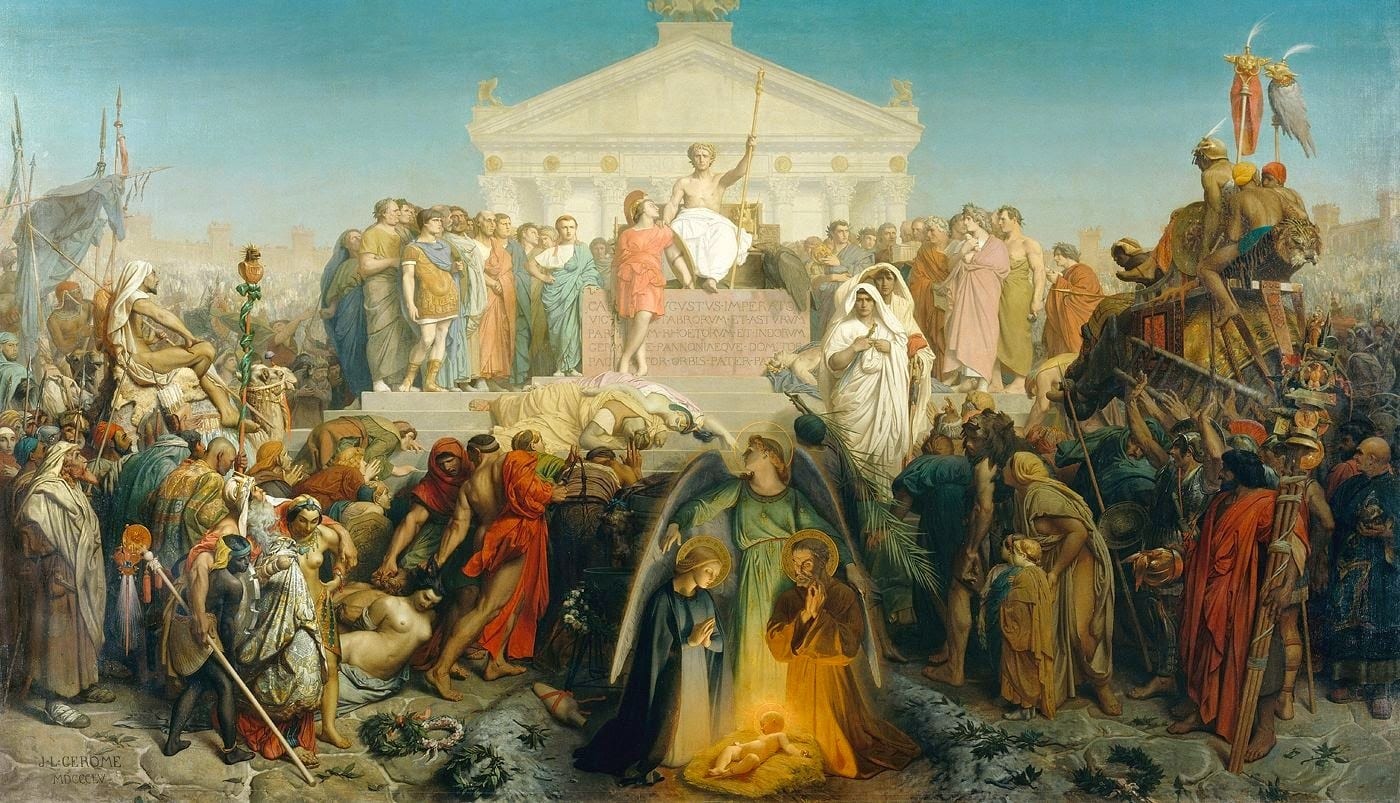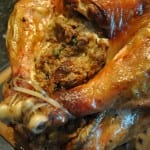Merry Christmas!

It is possible: Christmas music that is both comical but [mostly] sublime. Enjoy!
Over 2000 years ago, before the birth of Christ, the poet Virgil wrote this:
Ultima Cumaei venit iam carminis aetas; magnus ab integro saeclorum nascitur ordo. Iam redit et Virgo, redeunt Saturnia regna;iam nova progenies caelo demittitur alto.
Tu modo nascenti puero, quo ferrea primum
desinet ac toto surget gens aurea mundo,
casta fave Lucina: tuus iam regnat Apollo.
Teque adeo decus hoc aevi, te consule, inibit,
Pollio, et incipient magni procedere menses.
Te duce, si qua manent sceleris vestigia nostri,
irrita perpetua solvent formidine terras.
Ille deum vitam accipiet, divisque videbit
permixtos heroas, et ipse videbitur illis,
pacatumque reget patriis virtutibus orbem.(Now comes the last age of the Cumaean song;
the great order of the ages arises anew. (Now the Virgin returns, and Saturn’s reign returns;
now a new generation is sent down from high heaven.
Only, chaste Lucina, favour the child at his birth,
by whom, first of all, the iron age will end
and a golden race arise in all the world;
now your Apollo reigns.
And indeed, Pollio, during your consulship
this glory of the age will enter in,
and the great months will begin to advance;
while you lead, if any stains of our sins still linger,
their negation will free the lands from endless fear.
He will take up the gods’ life, and he will see
heroes and gods intermingled;
and he himself will be seen by them,
and with his father’s virtues will rule a world at peace… It Continues: …And for yourself, little boy, the uncultivated earthwill scatter its first small gifts:wandering ivy and cyclamens everywhere, Egyptian beans mixed with laughing acanthus. By themselves, she-goats will come homewith udders swollen with milk; cattle no longer will fear mighty lions. For you, your own cradle will bear delightful flowers;the serpent will die, and the plant that hides its venom;Assyrian spices will spring forth all over.But as soon as you are able to readthe praise of heroes and your father’s worksand come to understand what virtue is,fields will slowly turn golden with soft ears of grain,red grapes will hang down from uncultivated briarsand stubborn oaks will exude dewlike honey. Fourth Eclogue of Virgil
P. Vergili Maronis (70-19 BC)Does it sound at all like Isaiah 11?



